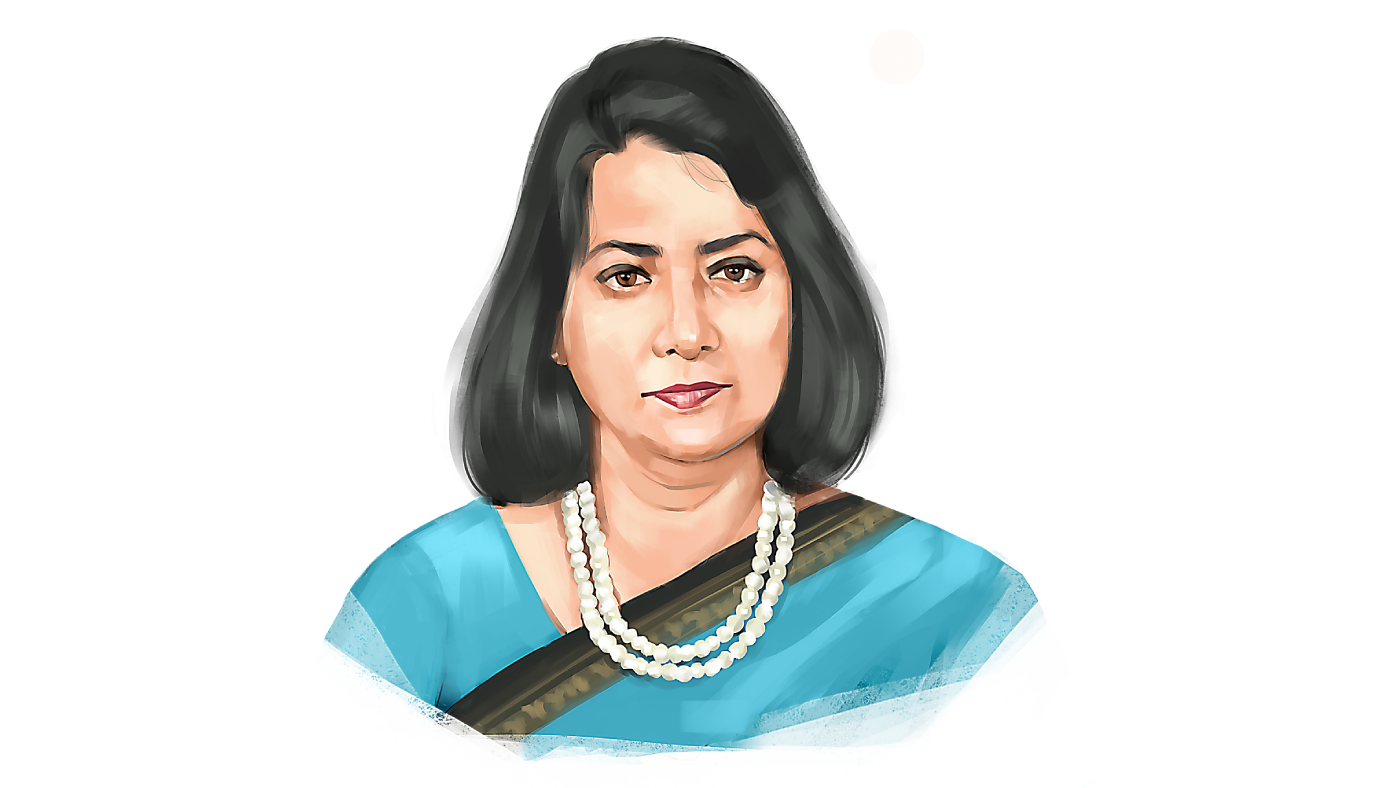Originally posted in The Business Standard on 28 October 2025
Citing data from the Household Income and Expenditure Survey (HIES) 2022 of the Bangladesh Bureau of Statistics (BBS), Fahmida noted that the top 5% of the population now hold 30.04% of the nation’s wealth, while the bottom 5% hold only 0.37%

Despite Bangladesh’s notable economic progress, social inequality continues to rise, said Executive Director of the Centre for Policy Dialogue (CPD) Fahmida Khatun today (28 October).
Speaking at a session titled “Poverty Alleviation, Inequality Reduction and Food Security” during the Economic Reform Summit 2025 in Dhaka, she said, “Over the past few decades, we have seen consistent economic growth and poverty reduction. But inequality has also widened alongside this progress. Development cannot be sustainable without addressing inequality.”
Citing data from the Household Income and Expenditure Survey (HIES) 2022 of the Bangladesh Bureau of Statistics (BBS), Fahmida noted that the top 5% of the population now hold 30.04% of the nation’s wealth, while the bottom 5% hold only 0.37%.
“This growing gap is a worrying sign that undermines our development achievements,” she added.
She identified several structural factors behind rising inequality. She said Bangladesh’s tax system remains regressive, heavily dependent on indirect taxes. Moreover, the country’s urban-centric development model has concentrated almost 90% of industrial and service sector employment in Dhaka and Chattogram, limiting opportunities in other regions.
“Our education system is still certificate-oriented and not aligned with labour market demands,” she said, adding that a lack of quality technical education and skill-based training continues to deepen inequality.
She also noted that about 85% of employment in Bangladesh is in the informal sector, where incomes are low, job security is absent, and decent living standards are difficult to achieve.
The two-day summit was jointly organised by Nagorik Coalition, INNOVISION, Fintech Society, BRAIN, and Voice for Reform, with support from ActionAid and bdjobs.com.
The keynote paper was presented by Dr Sharif Ahmad Chowdhury, former Director of the PPEPP-EU project at PKSF.
During the panel discussion, Tasnim Jara, senior joint member-secretary of the National Citizen Party (NCP), said that poverty in Bangladesh is not lack of income, it is economic freedom.”
She shared the story of Ratan Halder, a hardworking man from Jhalokathi, whose educated sons remain unemployed despite his lifelong efforts. “His elder son was offered a government job under a project but was asked for a bribe of Tk 7 lakh. This is not an isolated story—it reflects a systemic design. Poverty in Bangladesh is not accidental, it is designed,” she said.
Tasnim Jara emphasised the need for equal access to healthcare and education, and transparency in budget formulation and project implementation, to ensure inclusive and sustainable development.
Speaking on food security, Mahmuda Habiba, member of the BNP media cell and joint general secretary of the party’s Krishak Dal central committee, said, “Food security cannot be achieved overnight—it must be developed gradually. Even after 54 years, it remains unfulfilled. As 47% of total employment comes from agriculture, this sector deserves the highest attention.”
She also stressed the importance of strengthening social safety net programmes, saying, “These initiatives will be meaningful only when beneficiaries can permanently move out of the poverty cycle. We need to rethink our approach.”
The session also featured Palash Das, senior a dvisor of Climate Action Network South Asia, and was moderated by Asif Mohammad Shahan, professor at the University of Dhaka.


